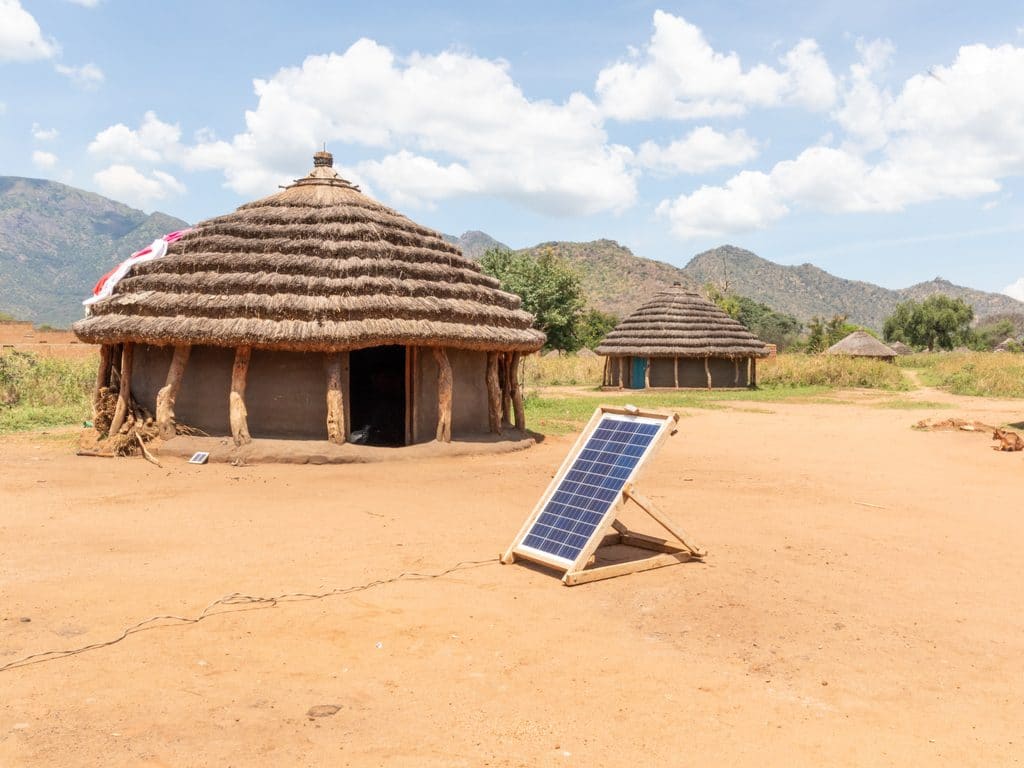The solar home kit distribution sector is on the move in Nigeria. The trend is being driven by Zola Electric, a solar kit supplier, which has decided to form an alliance with OVH Energy, a subsidiary of Oando PLC, a company listed on the Nigerian Stock Exchange (the main stock exchange in Nigeria), and specialised in energy, mainly in the distribution of petroleum products in Nigeria.
Zola Electric sells solar kits to people, mainly in rural areas. It is an energy solution consisting of a set of solar panels, LED bulbs (economical in terms of energy consumption), mobile phone charging stations and an “intelligent electricity storage system”.
An important partnership for Zola Electric
Nigeria is a country in full economic growth. Like in many developing countries, there is a proliferation of small and medium-sized enterprises (SMEs) that are experiencing difficulties in the flow of electricity due to the deficiencies of the Nigerian national grid. However, in addition to selling solar kits at home, Zola Electric also installs solar mini grids for SMEs.
OVH Energy is therefore expected to sell Zola Electric solar kits and mini-grids at its 385 service stations across Nigeria. “Not only is the life of all Nigerians made easier and more comfortable through better access to our efficient solar energy solutions, but this partnership also means that Zola will stimulate economic growth by improving the productivity of companies across the country,” said Bill Lenihan, CEO of Zola Electric.
When the company first entered the home solar kit market in Nigeria in March 2019, it set itself the goal of reaching one million people in three years. This is an ambitious objective for a company whose objective is to conquer the whole of Africa with its solar products. To date, Zola Electric has already sold its solar home kits to 200,000 households in Rwanda, Tanzania, Ivory Coast and Ghana. In Nigeria, it is based on “mobile banking” and the “pay-as-you-go” model, which allows payment in instalments, over a slightly longer period.
Jean Marie Takouleu
